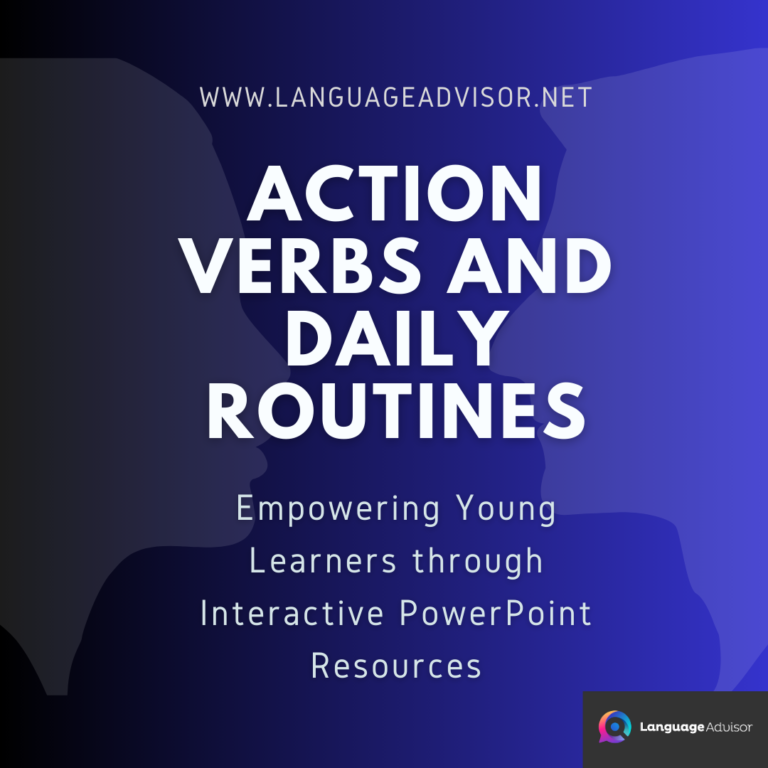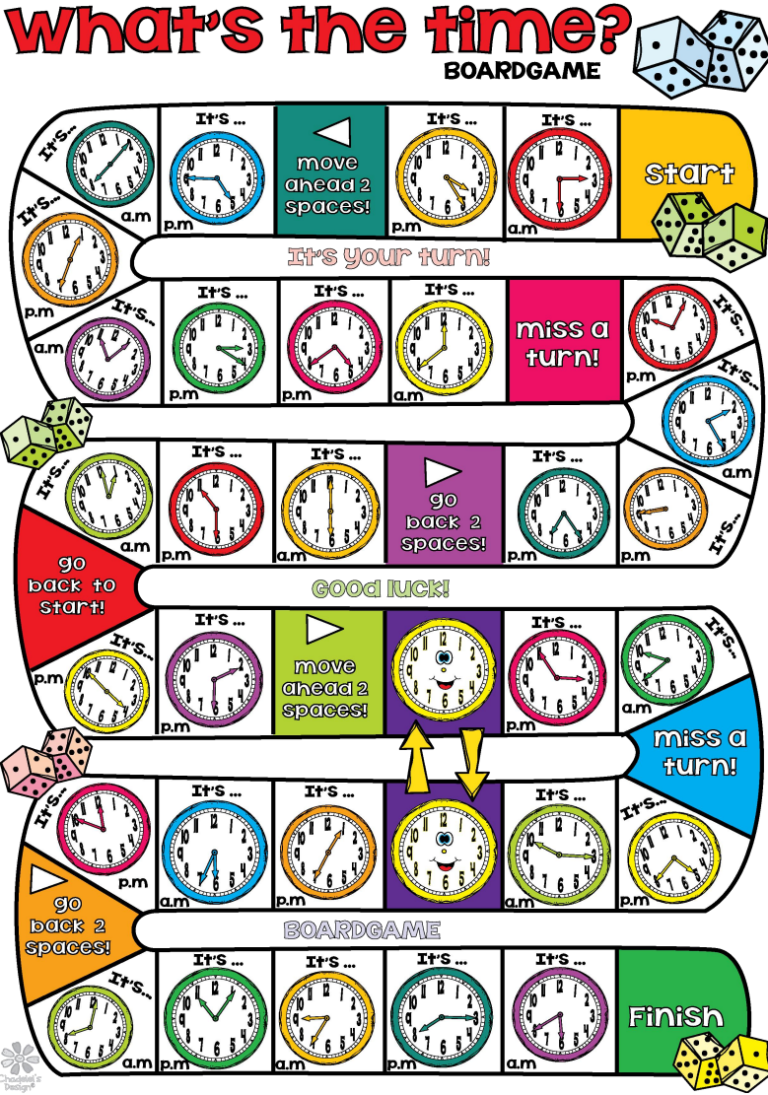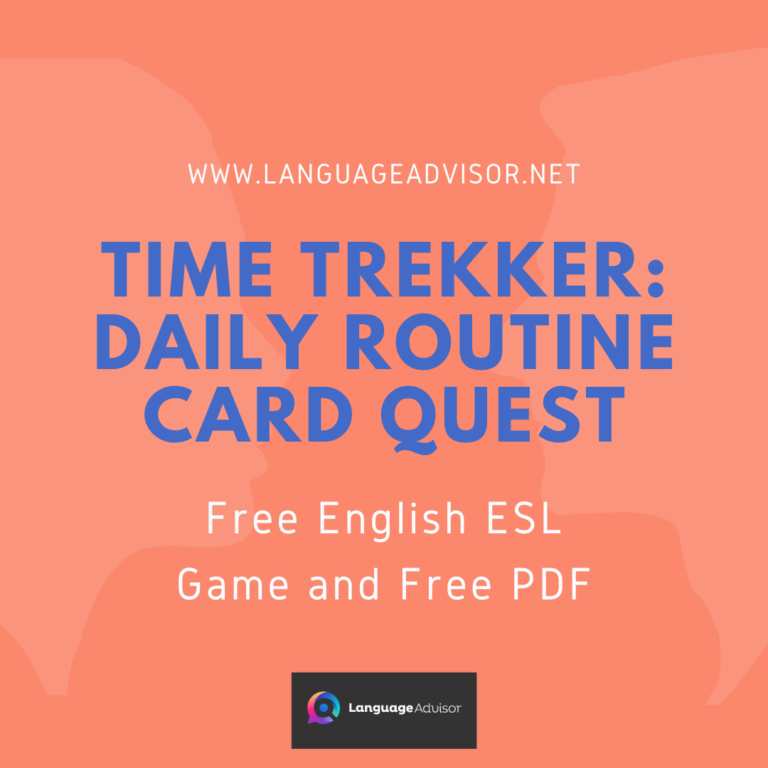What do they do? An Engaging ESL Board Game to Learn and Practice English Daily Activities – Free Downloadable and printable PDF Included
What do they do? PDF

Level: elementary
Grammar focus: Present Tense
Vocabulary focus: Daily Activities
Are you in search of a dynamic and interactive way to teach your ESL students about daily activities in English? Look no further than “What Do They Do?” This exciting board game not only makes learning vocabulary fun but also provides valuable practice opportunities for students to master the names of various daily activities. In this blog post, we’ll explore the benefits of incorporating “What Do They Do?” into your ESL lessons and provide you with a free downloadable and printable PDF to get started right away!
Why “What Do They Do?”
“What Do They Do?” is a versatile board game designed to help students learn and practice the names of daily activities in English. By combining gameplay with vocabulary practice, this activity makes learning daily activities engaging and memorable. Students not only reinforce their understanding of vocabulary but also develop important communication skills that are essential for real-life conversations.
How to Play
- Preparation: Begin by downloading and printing the “What Do They Do?” board game and activity cards provided in the PDF format. Set up the game board and place the activity cards face down in a stack.
- Distribution: Divide the students into small groups and provide each group with a game board, a set of game pieces, and a stack of activity cards.
- Gameplay: Players take turns rolling the dice and moving their game pieces along the board. When a player lands on a space, they draw an activity card and read it aloud to the group. The player must then describe the activity depicted on the card using appropriate vocabulary.
- Response: Encourage students to respond to the activities using the correct names in English. For example, if the activity card depicts someone cooking, the player might say, “They are cooking dinner.”
- Points: Players earn points for providing correct responses using the appropriate vocabulary. The game continues until all activity cards have been used, and the player with the most points at the end is declared the winner.
Benefits of “What Do They Do?”
- Vocabulary Reinforcement: “What Do They Do?” provides students with a fun and interactive way to reinforce their understanding of daily activities in English.
- Communication Skills: By engaging in conversation and describing daily activities using vocabulary, students develop essential communication skills that are applicable in real-life situations.
- Engagement: The interactive nature of the board game promotes active participation and keeps students engaged and motivated to learn.
- Social Interaction: “What Do They Do?” encourages peer-to-peer interaction and collaboration, fostering a supportive and inclusive learning environment.
Incorporating “What Do They Do?” into your ESL lessons is a fantastic way to make learning about daily activities enjoyable and effective for your students. By providing opportunities for hands-on practice and social interaction, this dynamic board game facilitates language acquisition in a fun and interactive way. So why wait?
Download the free printable PDF and start practicing daily activities with your students today!

What do they do?

Be sure to explore these additional materials focusing on English daily activities












